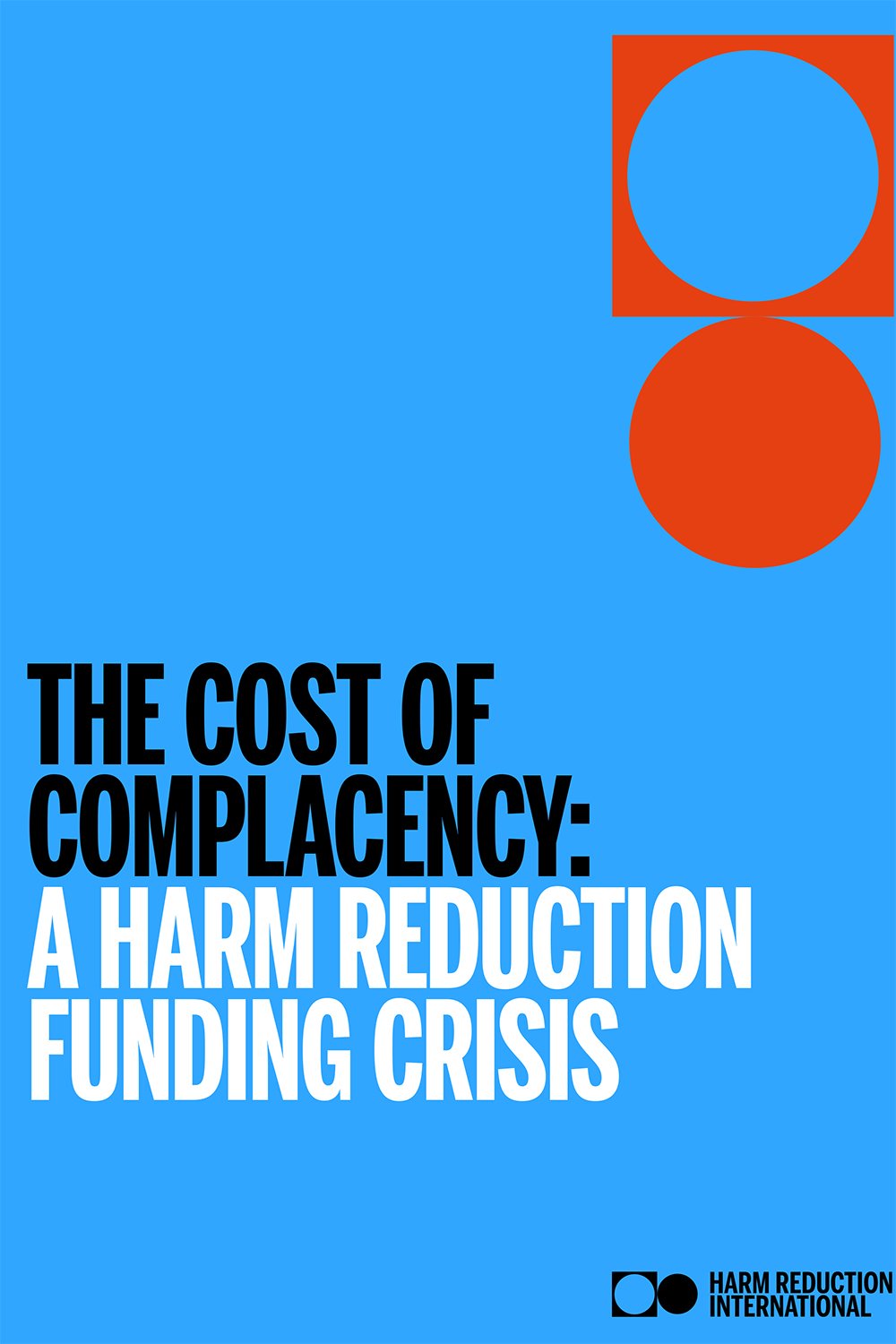Harm reduction encompasses a range of health and social services and practices that aim to minimise the negative health, social and legal impacts associated with drug use, drug policies and drug laws. Grounded in justice and human rights, it focuses on positive change and on working with people without judgement, coercion and discrimination or requiring that people stop using drugs as a precondition of support. Harm reduction services, such as needle and syringe programmes (NSPs) and opioid agonist therapy (OAT), are proven to be effective and costeffective public health interventions. Investing in these programmes not only improves people’s lives and public health outcomes, it also contributes to reducing the social and economic impacts associated with drug use. Despite this, governments around the world prioritise punitive responses to drugs. People who use drugs are criminalised and marginalised, resulting in people who use drugs experiencing greater barriers to accessing health services than other people.
Historically, funding for harm reduction in low- and middle-income countries has been part of the HIV response, with a comprehensive package of interventions endorsed at the highest political level as part of the global commitment to end AIDS by 2030. However, in the 15 years that Harm Reduction International (HRI) has monitored harm reduction funding, our findings have been consistently bleak. Inadequate financial support for services and for the advocacy efforts needed to drive political commitment within countries continues to prevent harm reduction initiatives being implemented at scale.
The number of international donors investing in harm reduction remains small, there is increasing dependence on the Global Fund to Fight AIDS, Tuberculosis and Malaria (Global Fund), and harm reduction funding is vulnerable to donors’ shifting priorities. Domestic funding for harm reduction is even more fragile, while a lack of data prevents civil society from monitoring funding levels and holding governments to account.
